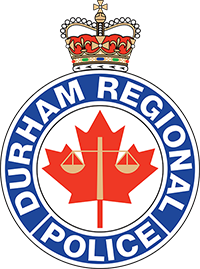Durham Elder Abuse Network
The Durham Elder Abuse Network (DEAN) is made up of health service providers from both private and non profit services for seniors or organizations with a vested interested in seniors. Dedicated elder abuse experts in Durham Region support the network. DEAN provides education, information and advocacy on all issues relating to elder abuse and protecting seniors.
